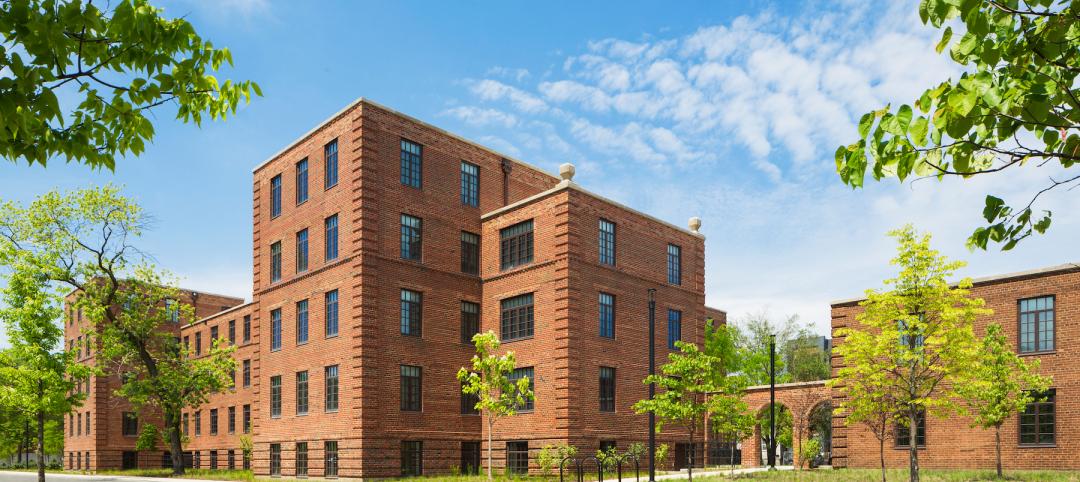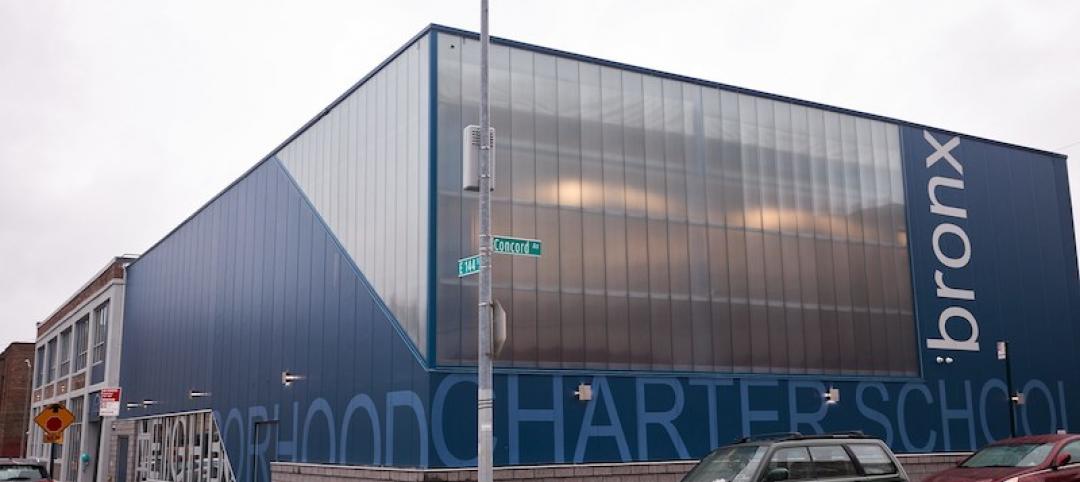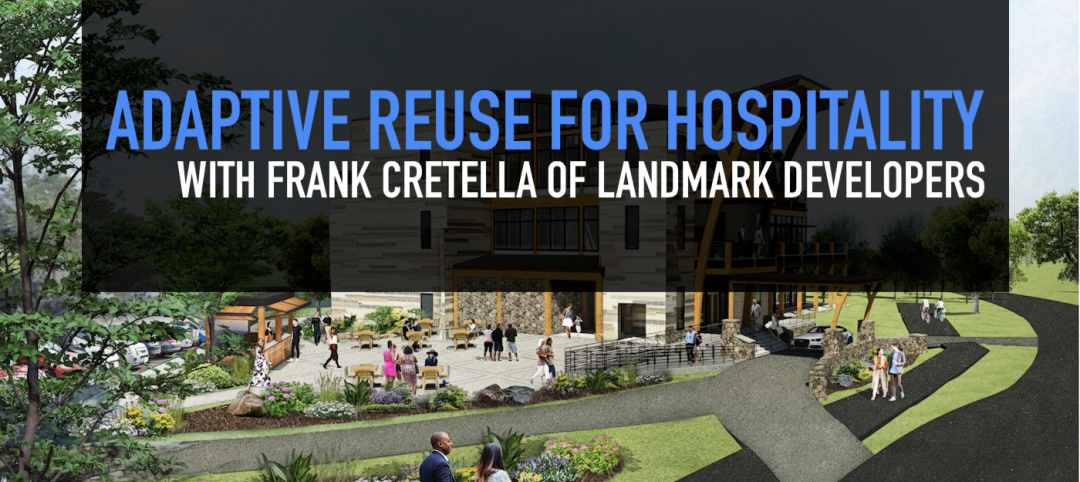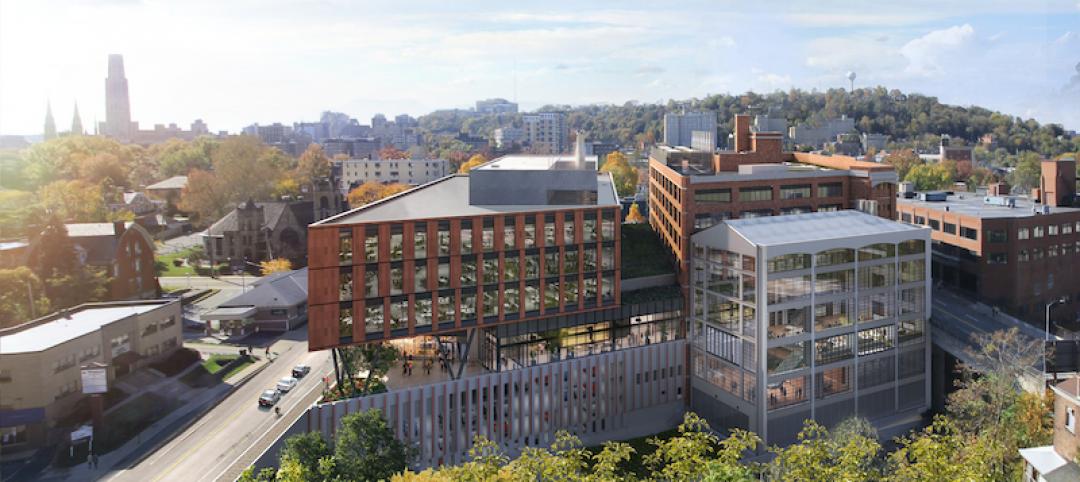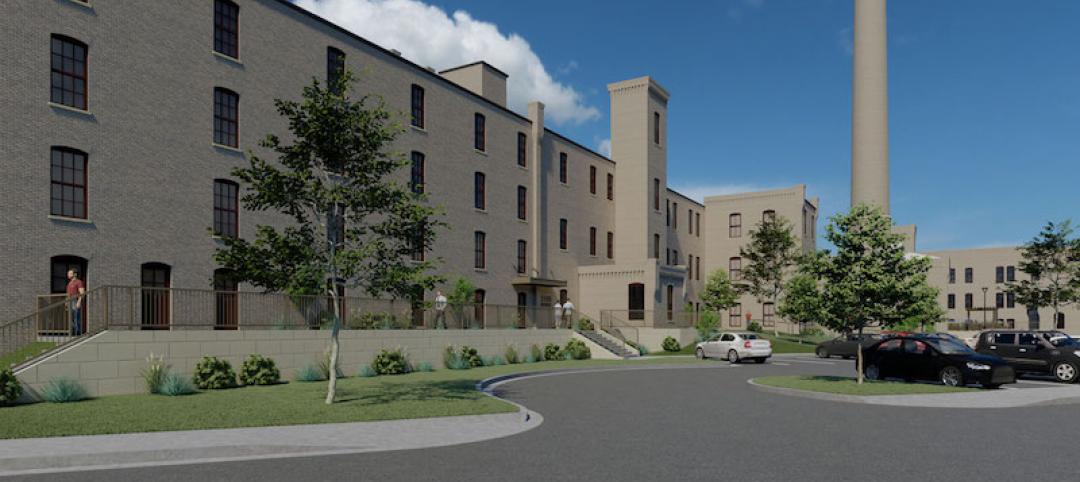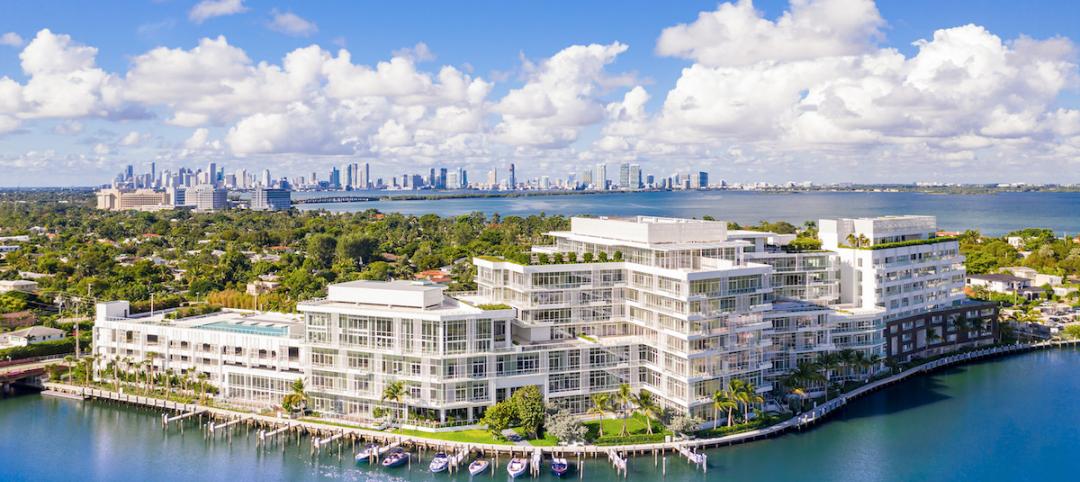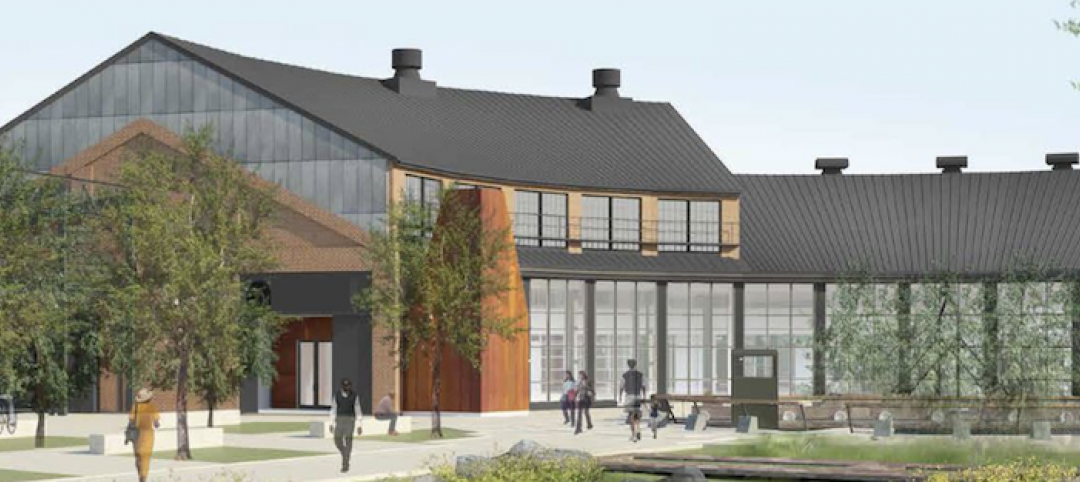Built by Thomas Edison in 1913, the Thomas Edison Invention Factory in West Orange, N.J., served as a manufacturing operation where Edison employees produced storage batteries used in light delivery vehicles, automobiles, railroad signals, industrial applications and mining equipment. Operations in the factory ended in 1965, and the site is now undergoing a major transformation to become Edison Village.
Edison Village, is the largest non-waterfront adaptive reuse project in the state of New Jersey, is wrapping up Phase I of its redevelopment. Phase I includes the creation of 334 rental units (including 34 one- and two-bedroom new construction homes), 18,400 sf of retail space, and a 650-space parking structure.
The 100-year-old Edison Lofts building was completely renovated and reconstructed and features 300 studio, one-, two-, and three-bedroom market-rate residences that range in size from 590 sf to 1,500 sf. The renovation and reconstruction of the building takes advantage of the 14- to 16-foot ceiling heights and the 10-foot replica replacement windows to provide abundant natural light.
See Also: New Jersey office building will undergo ‘live-work-play’ renovation
The Mews at Edison Lofts comprises the 34 new construction homes over 18,000 sf of retail space. These homes range from 796 sf to 1,336 sf and include designer kitchens with granite countertops, stainless steel appliances, and wood detailing throughout. Monthly rents for these residences start at $2,100.
Amenities for all Edison Lofts residents include a fitness center, an indoor pool, bike storage, a media/screening room, a business center, a private dining room, concierge service, covered parking, and a dog wash. Green spaces and a rooftop indoor/outdoor lounge are also included. The retail component, The Shoppes at Edison Lofts, will feature restaurants and cafe-style concepts and an interior plaza with a cascading fountain.
Phase II of the project will see the construction of 230 for-sale townhouses and infrastructure improvements such as new roads, sidewalks, lighting, and landscaping. Prism Capital Partners is the project’s developer. Minno & Was Architects & Planners is the architect.
Related Stories
Multifamily Housing | Oct 21, 2021
Chicago’s historic Lathrop public housing complex gets new life as mixed-income community
A revitalized New Deal–era public housing community in Chicago brings the Garden City movement of yesteryear into the 21st century.
Adaptive Reuse | Aug 25, 2021
The first net-zero hotel in the U.S. is nearing completion in Connecticut
Solar arrays will provide the electricity for the Hotel Marcel, whose name recalls the building’s original designer.
Adaptive Reuse | Aug 13, 2021
Developers are repositioning vacant space as charter schools
Transwestern is working with the National Alliance of Public Charter Schools to provide a turnkey solution.
Hotel Facilities | Jun 18, 2021
Adaptive reuse for hospitality, with Frank Cretella of Landmark Developers
In an exclusive interview for HorizonTV, Landmark Developers' President Frank Cretella talks about the firm's adaptive reuse projects for the hospitality sector. Cretella outlines his company's keys to success in hospitality development, including finding unique properties and creating memorable spaces.
Adaptive Reuse | Jun 2, 2021
An old Ford factory in Pittsburgh is being adapted to become a biomedical research facility
This is the latest step in the city’s post-industrial resurgence.
Adaptive Reuse | Apr 15, 2021
The Weekly Show, Apr 15, 2021: The ins and outs of adaptive reuse, and sensors for real-time construction monitoring
This week on The Weekly show, BD+C editors speak with AEC industry leaders from PBDW Architects and Wohlsen Construction about what makes adaptive reuse projects successful, and sensors for real-time monitoring of concrete construction.
Adaptive Reuse | Feb 24, 2021
Adaptive reuse project brings co-living space to Los Angeles’s Hancock Park
Lorcan O’Herlihy Architects is designing the project.
Adaptive Reuse | Feb 14, 2021
Three adaptive reuse projects will add housing in Wisconsin
Historic tax credits helped pave the way, but preservation required creative solutions.
Multifamily Housing | Jan 20, 2021
Abandoned Miami hospital gets third life as waterfront condo development
The 1920s King Cole Hotel becomes the Ritz-Carlton Residences Miami in the largest residential adaptive reuse project in South Florida.
Adaptive Reuse | Dec 17, 2020
A train engine repair building is turned into an innovation center that’s part of a massive riverfront redevelopment in Pittsburgh
The adaptive reuse of the Roundhouse is the latest step forward for Hazelwood Green.



